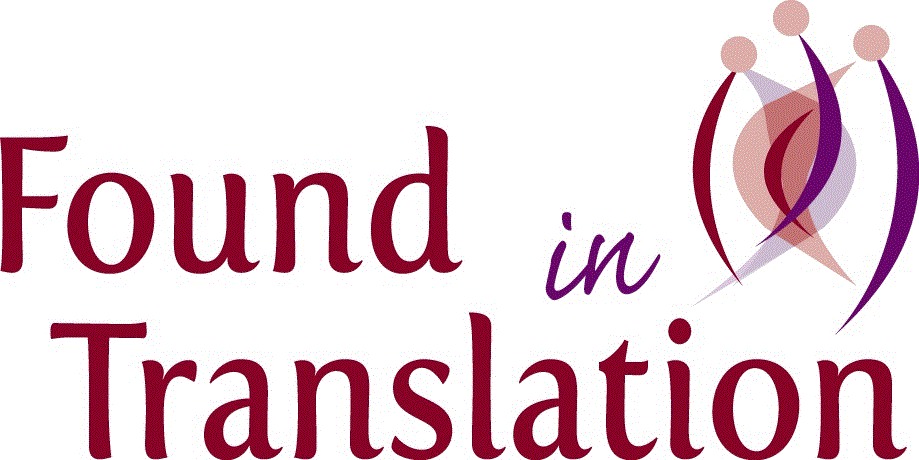The Importance of Interpreters
By Lisa Walker, MPAS, PA-C

This pandemic has highlighted the selfless nature of the work of so many health professionals; a new generation of heroes to whom we say, “Thank you for your service.” The pandemic has also highlighted the fact that we have largely failed in the care of our patients of color who suffer from high rates of chronic disease that put them at risk of death due to COVID19. Diabetes is rampant in our indigenous and Latinx populations. A disproportionate burden of hypertension, heart disease, and asthma exist in our Black citizens. Many of these conditions are preventable and we know that health inequities play a role in their preponderance. Despite our best intentions, healthcare is not innocent in the history of the betrayal of Black bodies; the Tuskegee experiments, the Mississippi appendectomy, abysmal maternal morbidity and mortality statistics for Black women in the U.S. Health inequities in our communities of color are part and parcel of the institutional and structural racism of our country.
As we seek justice and equity for our black and brown citizens across our healthcare systems, the role that language access plays in these poorer health outcomes cannot be ignored. Healthcare institutions and providers must ensure access to professional medical interpreters if those caring for the patient are not fluent in the patient’s spoken language. Notice I didn’t say ‘if the patient is not fluent in English’. The interpreter is not the patient’s interpreter. They are there so that we, the health professionals and staff, can do our job thoroughly and accurately; allowing us to fully engage our training and experience to provide the very best care possible.
It is time to change the way we think about and engage professional medical interpreters. As our institutions, communities, and country continues to struggle with achieving equity and justice, I implore you to join me in changing the way we think and talk about language access in healthcare. When we are not fluent in the language of our patient, we need interpreters to ensure accurate communication and equitable health outcomes. Just like the patient care assistant and the front office staff do not belong to the patient, neither does the interpreter. Interpreters are essential members of the healthcare team; essential in our ability to diagnose, consent, and educate our patients. We cannot and should not be satisfied with performing the essential task of communicating with our patients without them by our side.
Lisa Walker is a member of the Found in Translation Board of Directors, a physician assistant (PA), and the founding Program Director of the Physician Assistant program at MGH Institute of Health Professions. Before entering the PA profession in 1994, Lisa worked as an American Sign Language interpreter in medical settings. She teaches and consults extensively on the topics of cultural competency, patients with disabilities, medical interpreting, and communication access. She is the co-author of a chapter on patients with disabilities in the widely used text Physician Assistant: A Guide to Clinical Practice.

